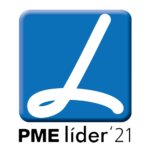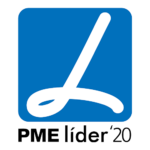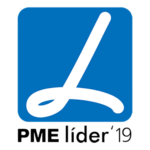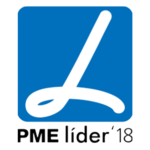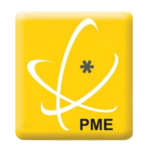
Menu

At Ceramed, excellence is our standard. We strive for excellence to exceed our customers’ expectations. We are certified by BSI in accordance with the ISO 13485:2016 standard. As well as MDSAP certification this certification confirms our commitment to quality and safety in the manufacturing of coatings for medical prostheses and medical instruments.
At Ceramed, excellence is our standard. We strive for excellence to exceed our customers’expectations. We are certified by BSI in accordance with the ISO 13485:2016 standard, as well asMDSAP certification, for which we are the first coating company.
These certifications confirm our commitment to quality and safety in the manufacture of coatingsfor medical prostheses and instruments.
We fully understand the importance of quality in the medical device industry, where even small mistakes can have serious consequences. Therefore, we carry out our medical coating process with the utmost care to ensure that our end product is the best in terms of hygiene and quality.
We are committed to progressively meeting our customers' quality product needs.
We ensure that our quality objectives are consistently met.

We strictly adhere to the legal and regulatory requirements applicable to our products and services.

At Ceramed, we pride ourselves on having a cohesive team that works hand-in-hand every day which includes impeccable safety measures and attentive leadership.






Coating for orthopedic prostheses with the ability to increase the regeneration of aging bone tissue
The Reset Bone Ageing project intends to develop a coating for orthopedic devices with the ability to “rejuvenate” the aged bone tissue and increase its capacity for regeneration. This coating will offer competitive advantages over other strategies documented in the literature, such as cell therapies, in terms of production, cost and ease of use. The coating consists of the physical immobilization of extracellular vesicles (negatively charged negative) on the surface of titanium orthopedic devices by an antimicrobial peptide (positively charged). peptide (positively charged). The peptide serves as an anchoring point for extracellular vesicles isolated from Wharton Jelly mesenchymal cells. The development of the coating comprises several steps, from the development of processes to immobilize the peptide on the surface of the device medical device with the density, orientation and stability, the establishment of protocols isolation of EVs from mesenchymal cells and their characterization in in vitro assays in vitro assays, the development of interaction protocols between the peptide and that the vesicles are not destroyed and that the complex is maintained in contact with contact with blood, and the demonstration that the coating possesses anti-aging properties in in vitro and in vivo tests.
The DentalBlast project intends to develop and validate new coatings for applications in dental implants with improved antibacterial activity that, simultaneously, guarantees a faster osseointegration of the dental implants. This project results from the medical dentists need to offer to their patients the possibility of dental implants “immune” to peri-implantitis. From the results of the DentalBlast project, the consortium aims to help to solve this pathology with an innovative solution: use of coatings based on a composite of bioglass and hydroxyapatite with enhanced anti-bacterial activity. Simultaneously, the coatings are expected to have a faster osseointegration allowing reducing the probability of a biofilm formation at the implant surface. The consortium was constituted by Ceramed, Universidade Nova de Lisboa and Universidade de Aveiro – which have valuable and recognized projects in similar areas, and is also constituted by the Hospital Veterenário de São Bento.












